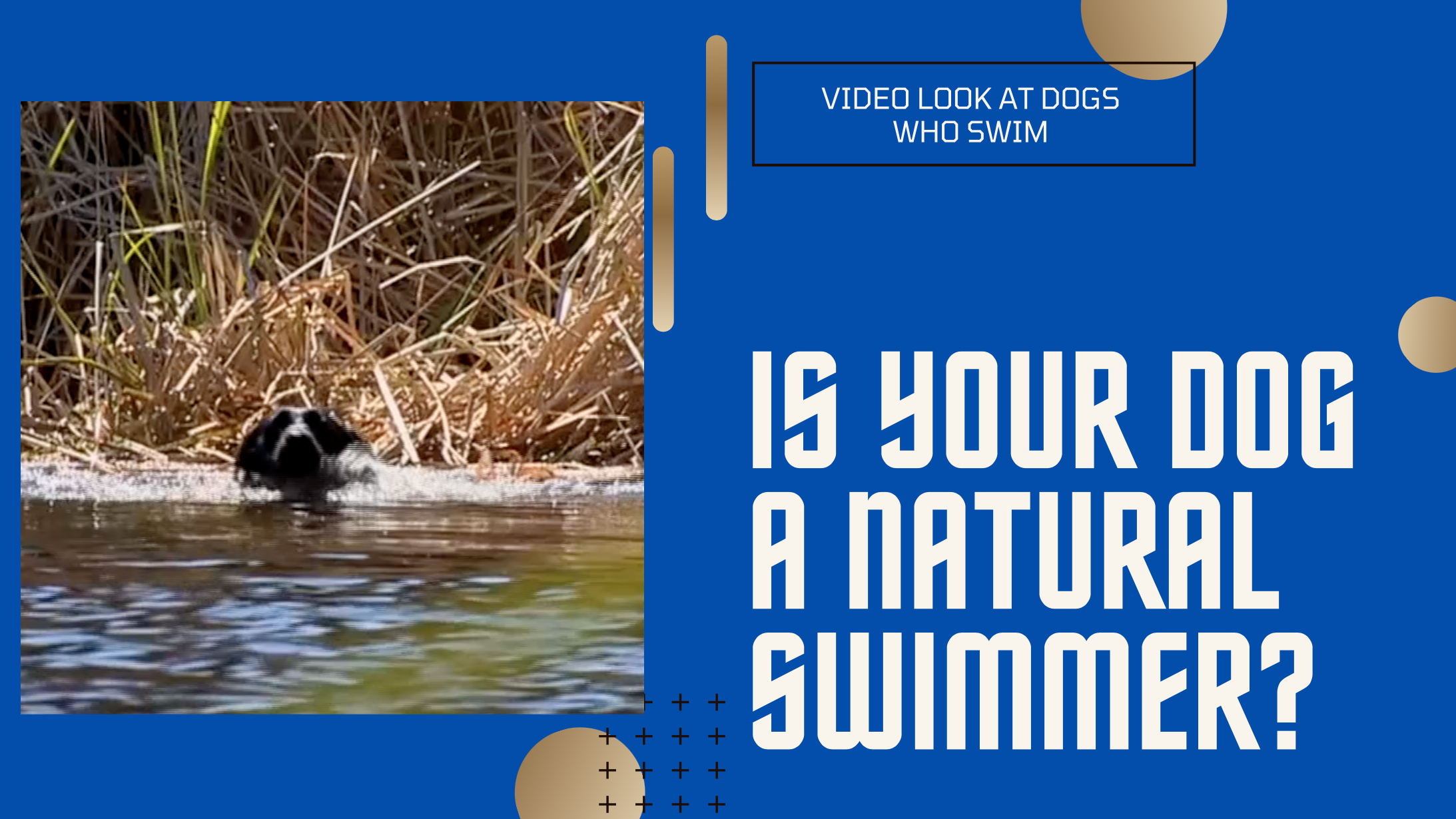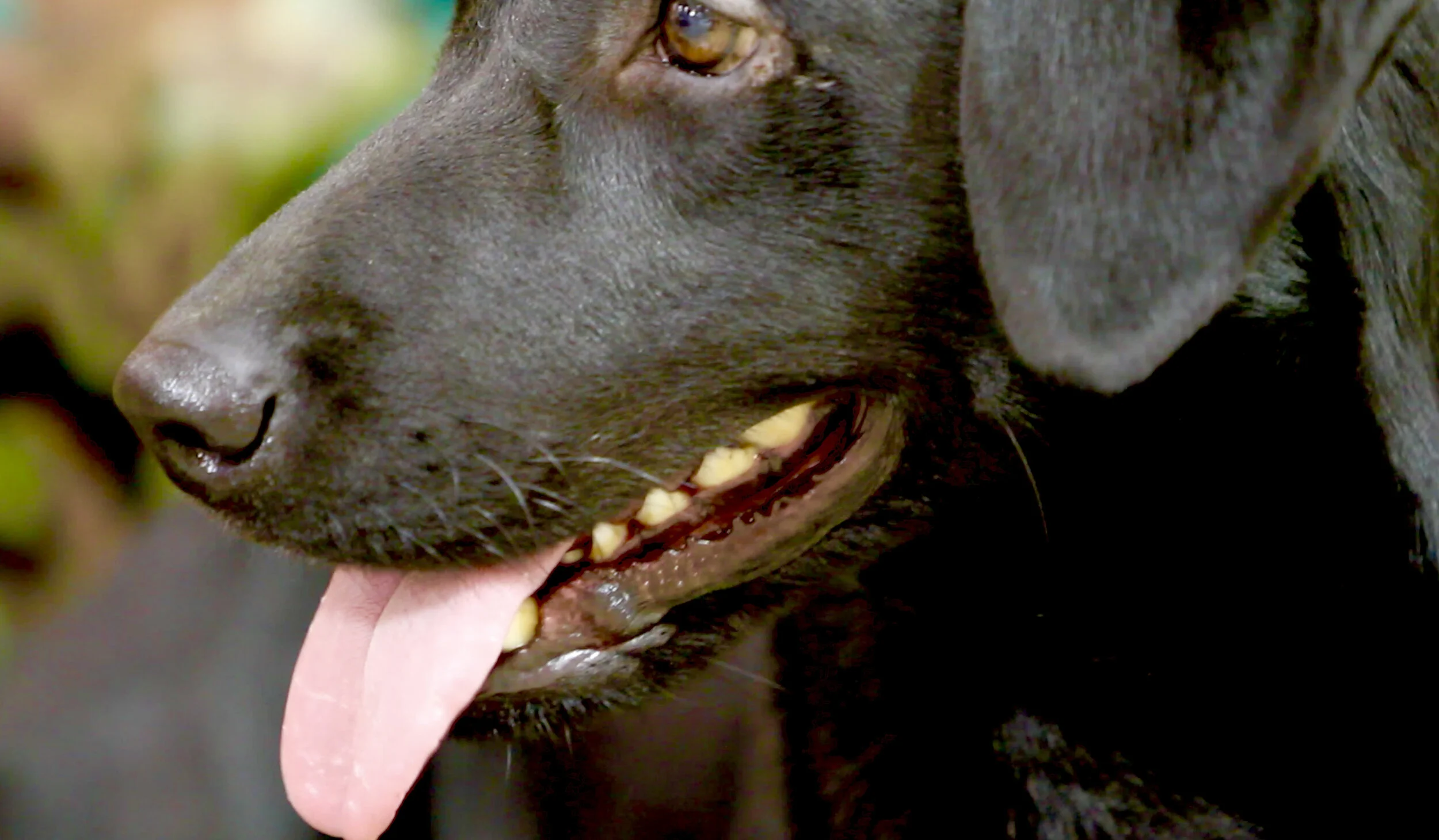The World of Working Dogs
Mike Lardy of Handjem Retrievers.
In the eyes of working dog enthusiasts everywhere, AKC Field Trials are the Olympics of retriever performance. It is where dogs and handlers are judged as a team for their combined abilities to perform at the highest stakes of competition. In the history of the sport, few have reached the top of the podium as often as Mike Lardy of Handjem Retrievers.
Through decades of commitment with working dogs, Mike Lardy of Handjem Retrievers has received AKC’s highest honors, including winning a record-setting seven National Retriever Championship titles. He has also trained more than 100 AKC Champion Field dogs, and in doing so, became one of the best-known authors and lecturers on the subject of retriever training and obedience.
After graduating with a BA degree in Wildlife Ecology from the University of Wisconsin-Madison, Mike continued his education and received an MA in Wildlife Resources from the University of Idaho. Then in 1981, he made the transition from government-held positions to professional retriever training.
LRCSC:
What can an upcoming performance dog handler to do ensure their dog is safe from injury, either while training or in competition?
LARDY:
A person can control where they train, but in competition, it is up to the field judges to ensure that training grounds are suited to retrievers. Personally, I am cautious of any training grounds, and how I use them. I stress conditioning. A dog that is in better shape will be less prone to periodic stumbles and falls. I use many specific methods of conditioning for injury prevention, and I consult with a sports Veterinarian to diagnose small problems before they become big problems. I use methods such as “cavaletti” training (common with horses) and water conditioning work with good results. By doing so, I can identify specific muscle groups that might be affected before I resume training in the field.
Understanding the working dog’s environment is the job of the handler in training. If something looks questionable in the field (obstacles or hazards) then that should be looked at well before training begins. In a competitive environment, it’s the job of the judges to map out a test that is safe for the dogs to run. But in the natural world, a handler can’t panic every time something happens. A dog that is in good physical shape reduces the likelihood of certain injuries.
LRCSC:
What are your thoughts on the behavior and reasoning of working dogs?
LARDY:
I have a background in the sciences, and I know not to apply human qualities to animals. With that said, there is not a shred of doubt in my mind that dogs have a high degree of reasoning ability. The trick is to understand it, and to exploit that reasoning ability in training. I set up tests to understand if the dog knows right from wrong. It takes a considerable amount of time to set them up correctly, but I want the dog to know what the dog understands. I explore the area of communications with the dog, and I develop teamwork to reveal their level of reasoning.
LRCSC:
Can dogs sense handler tensions or stress like a horse can sense its rider?
LARDY:
I don’t feel that a handler’s stress or tension in the field, or in competition is a strong factor in whether or not a dog completes a task. I’ve worked with my amateur handlers tirelessly, and I work to instill a pattern of commands so that they are given the same every time. For example, if the handler (or owner) is too harsh when the dog needs positive reinforcement, or when the handler speaks gently to the dog when the dog is in command mode. The dog is not necessarily concerned with the handler’s nerves because they should be much more focused on the job. It’s the consistency of the type of commands that I put more emphasis on.
LRCSC:
Can the average retriever puppy become a great champion?
LARDY:
To become a Field Trial champion takes an extraordinary amount of natural ability from the dog. You would be starting in a deep hole if the dog doesn’t have a champion pedigree. It is not impossible, but unlikely.
LRCSC:
You have a unique opinion on E-collar training. Can you share your opinion on it?
LARDY:
First of all, everyone who has worked with me is amazed at how seldom my dogs are corrected with an e-collar. My philosophy is to only use corrections when the dog knows what we want but refuses. If a person is putting a ton of pressure on a dog, it means that they have missed too many steps along the way in training. I instruct how to teach, teach and teach dogs through attrition and occasionally there is the odd correction.
LRCSC:
Have accredited retriever competitions become better or worse than they were five or ten years ago?
LARDY:
If there is a difference between then and now, it is that the dogs have become so good these days. I don’t think Field Trials is any different than any other competitive endeavor. Kids used to play baseball or football during certain seasons, and now they play or practice year-round. Field Trials are no different in that regard. Now to become a Field Trial champion you have to invest a lot of time and money using incredible methods to train. You can’t do Field Trials after work, it has to become a 24/7 process. However, Hunt Tests are better suited for the part-time handler that wants to be involved with working dogs. That’s the beauty of Hunt Tests. You can play the game and still have time for other things.
LRCSC:
If you could teach a novice handler just one thing about the sport what would that be?
LARDY:
One thing I would advise is that the person should have the correct temperament. Even the best Field Trial dog for instance, will lose more often than he or she wins. Mostly, you better enjoy the training process. Training is where you really get rewarded. Competing in a test is the frosting on the cake to show you are on the right track.
LRCSC:
The old adage “You are what you eat,” makes some sense for people. But what about retrievers in the field versus conformation dogs?
LARDY:
I feed Purina Pro Plan (salmon and rice), which includes the recommended fish oils my dogs require. I don’t think there is a big difference in diets between show dogs or field dogs. Although my dogs are on high fat and high protein diet. I vary the number of supplements I feed based on the degree of fieldwork that’s done. Nutrition is like the third leg of a stool (genetics, training, and then nutrition). I believe strongly in health and nutrition. I feed a few supplements for health and a joint supplement every night. The science indicates they work and I follow the science, whether it’s with Purina or with any other name supplements.
(Note: This article was originally published by the Labrador Retriever Club of Southern California for their membership. To learn more about Mike Lardy’s methods or training, or to purchase his DVDs or books on the subject, log onto www.totalretriever.com.)




























